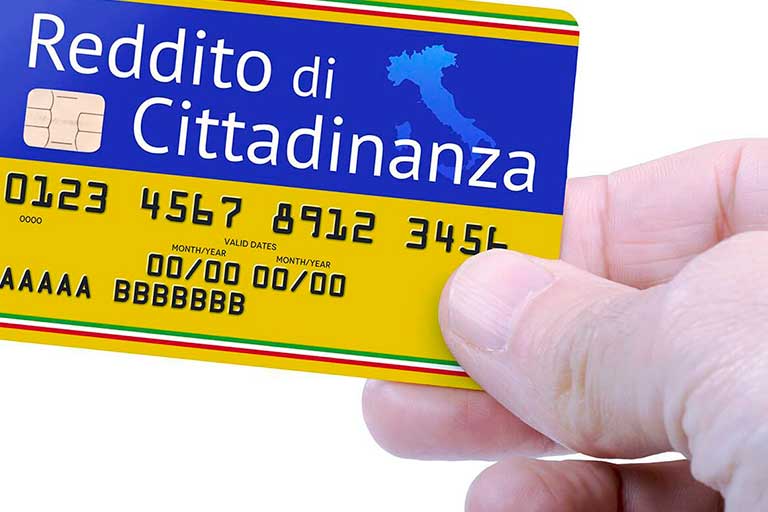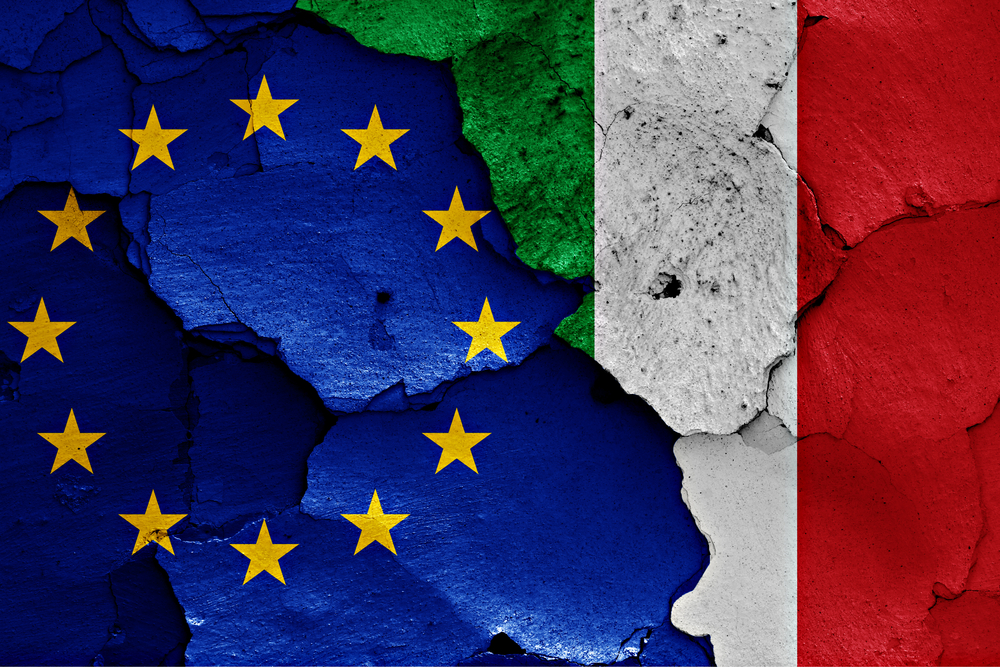
Nella tavolta rotonda dedicata ai “Cento anni di Giovanni Sartori” al convegno della Società Italiana di Scienza Politica (Trieste, 12-14 settembre 2024), ho tenuto questo intervento:
Perché non possiamo non dirci…
At the roundtable dedicated to ‘One Hundred Years of Giovanni Sartori’ at the conference of the Italian Society of Political Science (Trieste, 12-14 September 2024), I gave the speech linked above.



